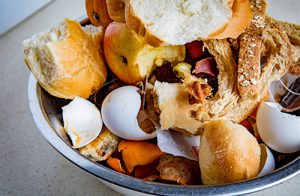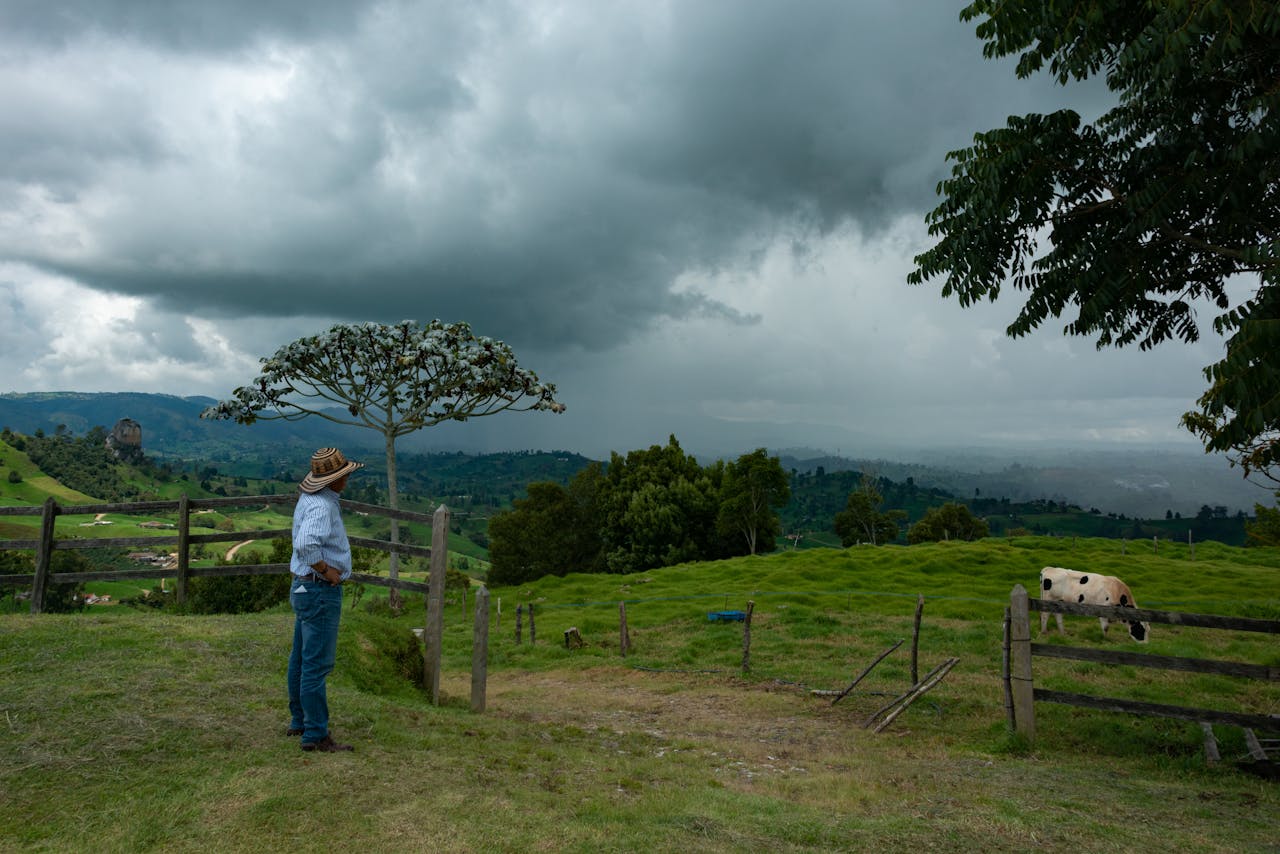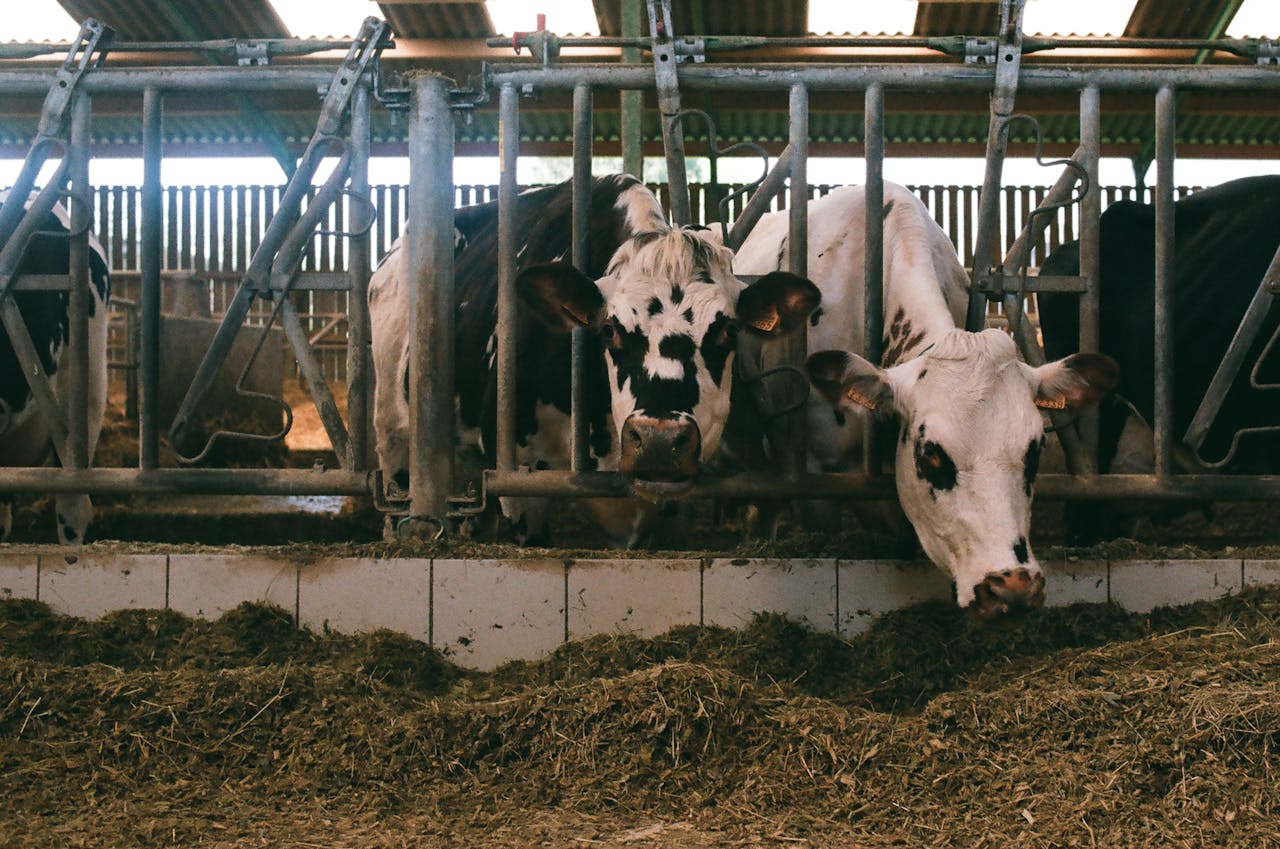Researchers in Russia have developed a probiotic-based method to turn poultry droppings into a safe, protein-rich feed additive. Early trials on quails show improved meat quality, offering a cost-effective alternative to imported feed components. The innovation could boost sustainability while tackling waste management challenges in the poultry sector.
The approach has already proved its value in an experiment on quails. According to the researchers, the additive improved the taste of quail meat, making its aroma richer and the meat juicier.
Under the developed technology, the scientists used spore-forming Bacillus bacteria on disinfected poultry droppings. This bacterium, which is already used in various feed probiotics, has shown potential in multiple studies to suppress pathogenic microflora in the intestines of birds and restore normal digestion.
According to the scientists, dry bird droppings after special microwave drying contain 23-28% protein and many essential amino acids. “The material is safe for feeding and can replace expensive protein components,” they said, emphasising that the additives did not impart any foreign smells or flavours to the meat.
Quail feed in the spotlight
The scientists primarily called on quail feed manufacturers to look into opportunities offered by the new feed additive.
“Quail meat contains more protein and less fat than chicken meat, which makes it popular among healthy eating advocates. The main problem of the industry is that the quality of feed directly affects the taste and aroma of meat,” the scientists said. “Conventional feed does not always provide the necessary organoleptic properties of the product. In addition, manufacturers often use expensive imported additives, which affect production costs.”
Several problems at once
The scientists also pointed out that the widespread adoption of the new technology could significantly enhance waste management in the Russian poultry industry. By utilising poultry waste as a feed component, the industry could reduce its reliance on chemical additives and expensive imported materials, thereby improving its sustainability and reducing production costs.
“The new product allows solving several problems simultaneously: improving the quality of quail meat without chemical additives, reducing the cost of feed by using domestic raw materials, and utilising poultry waste for the benefit of the industry,” the researchers said.
However, it may take years before the new product can become available for poultry farmers in Russia.
In 2022, Russian lawmakers permitted the use of poultry droppings as a fertiliser, but their use as a feed component technically remains prohibited. Recent years have been marked by a rise in interest in new waste management technologies in the Russian poultry industry, as state control in this area has tightened and farms are increasingly being fined for improper waste management.


